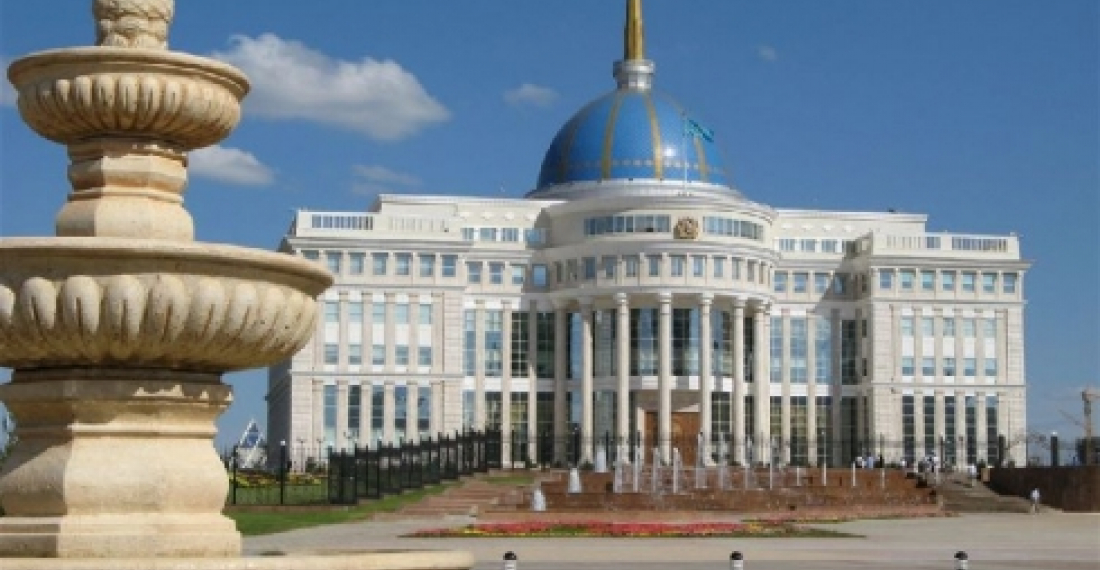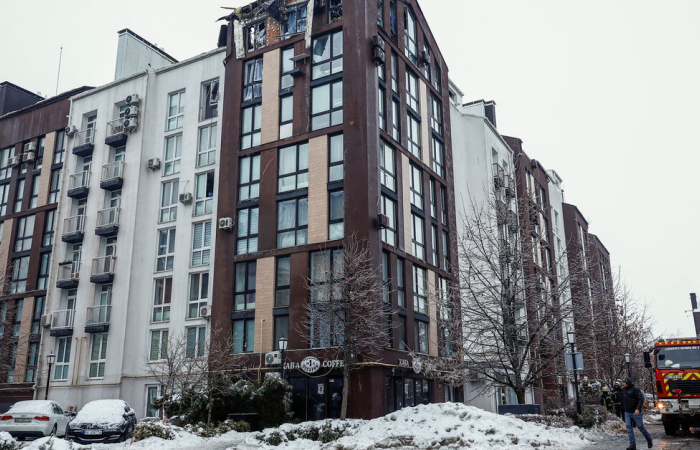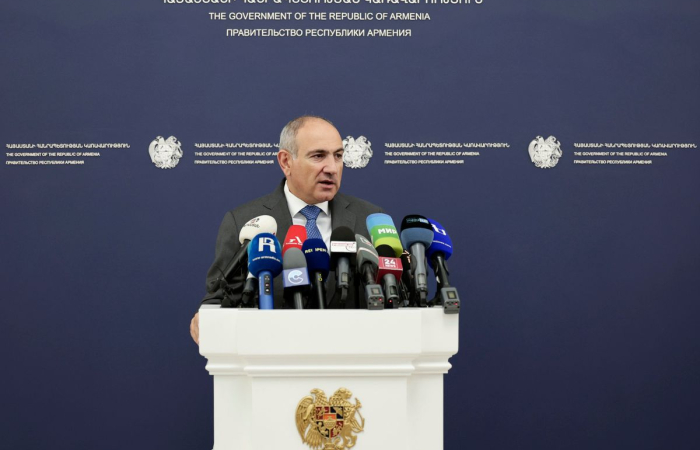The Russian President Dimitri Medvedev is expected to meet his Armenian counterpart Serzh Sargsyan in Astana this weekend on the margins of the summit of the Collective Security Treaty Organisation (CSTO). This follows a four hour meeting between Medvedev and the Azerbaijani leader, Ilham Aliev in Sochi on Tuesday.
There is no doubt that Russian diplomacy is now putting all its efforts to achieve a breakthrough in the Karabakh conflict settlement negotiations after the failed summit in Kazan. But the Russian leadership is becoming increasingly aware of the limitations of what it can achieve on this matter. It seems some are even advising President Medvedev that he should be careful not to put too much investment of time and political credibility in a process that is unlikely to have a positive end.
The four hour meeting between Aliev and Medvedev in Sochi was by all accounts as usual friendly and cordial. The two men have good personal chemistry between them. But the results of the meeting remain more opaque. There have been no official comments after the talks, except for a brief statement by the Head of the Foreign relations department at the Azerv=baijan Presidential Administration, Novruz Mammedov, who reiterated that the negotiations must continuie.
In Astana Medvedev will try to keep closing the gap between the Armenian and the Azerbaijani sides. In the present mood in the region this is unlikely to happen. Yet the Russian President must not give up his diplomatic efforts. What is now clearly necessary is a need for a change of approach by the international mediators. The Russians need to be part of this new approach. They have much to contribute to this process - but as they are starting to learn, thre are limitations to what they can achieve on their own.
This commentary was prepared by the editorial team of commonspace.eu







